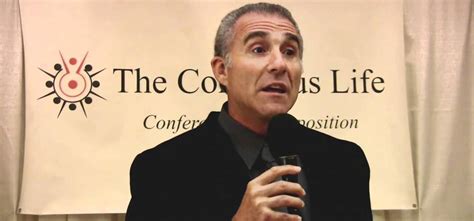A Quote by Bill Gates
If there was an epidemic, that definitely would make people accept vaccines. I wouldn't hope for that, of course, but if you wanted people to love vaccines, an epidemic would remind them how magical they are.
Related Quotes
Even to this day, the government, the FDA is refusing to use the sophisticated biotechnology to evaluate the contaminants in the vaccines such as the polio vaccines that they are administering. I think (people) would be appalled that some of the vaccines that are currently being used are still laced with viruses.
[Crack epidemic] definitely has impacted folks in my family, most definitely. I think that's true for most, if not all people, regardless of color, that grew up in and around areas that were closer to the nucleus of the crack epidemic.If you look at Baltimore or D.C., Detroit, Chicago, Oakland, like, Los Angeles.
After a lot of debate and a lot of work, what people decided is, it makes a great deal of sense to be open in the system and allow people to begin to build better flu vaccines. I mean, we're still making them in eggs that come out of chickens. And we can see the consequences of that with the current H1N1 lack of vaccines.
We're still missing about a dozen vaccines that will make a huge difference. For adults, we've got HIV and TB are still huge; for kids malaria is still killing a half million kids a year out of that 6 million. We probably need some vaccines, but we need a little more data to make sure we're getting the vaccines that will save the most lives.
Vaccines are a miracle; they're fantastic. Anything that makes people hesitate to give their children these vaccines according to the recommended schedule creates risk. Risk for the children who don't get vaccinated and risk for children, some of whom don't have an immune system, so they're benefiting from the fact that the community protection means the disease doesn't get to them.
I think there's no question that vaccines have been absolutely critical in ridding us of the scourge of many diseases - smallpox, polio, etc. So vaccines are an invaluable medication. Like any medication, they also should be - what shall we say? - approved by a regulatory board that people can trust.
It is true that there are some parents who have concerns about vaccines, but while we hear about these concerns a lot in the media, I don't want people to think that the majority of parents out there do not believe in vaccines and then most kids aren't getting vaccinated. In fact, it's exactly the opposite.
In this article we begin to address the subject of vaccinosis, the general name for chronic dis-ease caused by vaccines. For some readers the very idea that vaccines are anything but wonderful and life-saving may come as a surprise, and it's not a very pleasant one. After all, the general population pictures vaccines as one of modern medicine's best and brightest moments, saving literally millions from the scourge of diseases like poliomyelitis and smallpox.
































